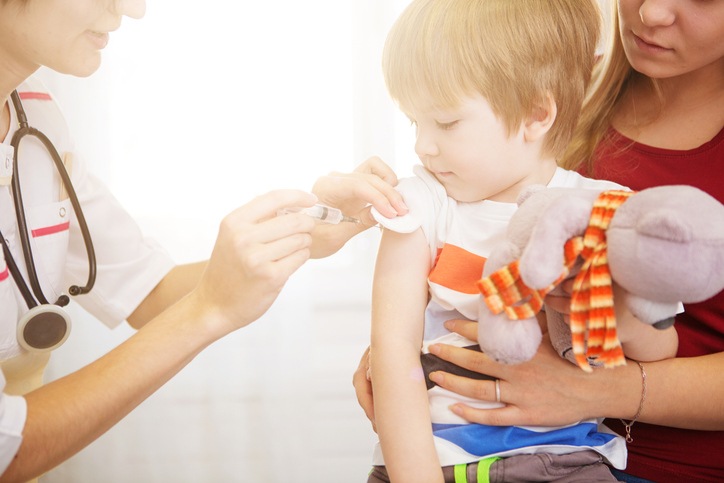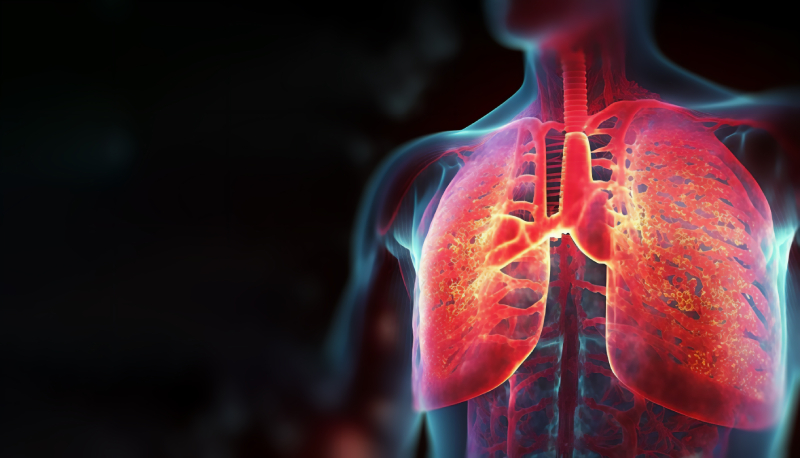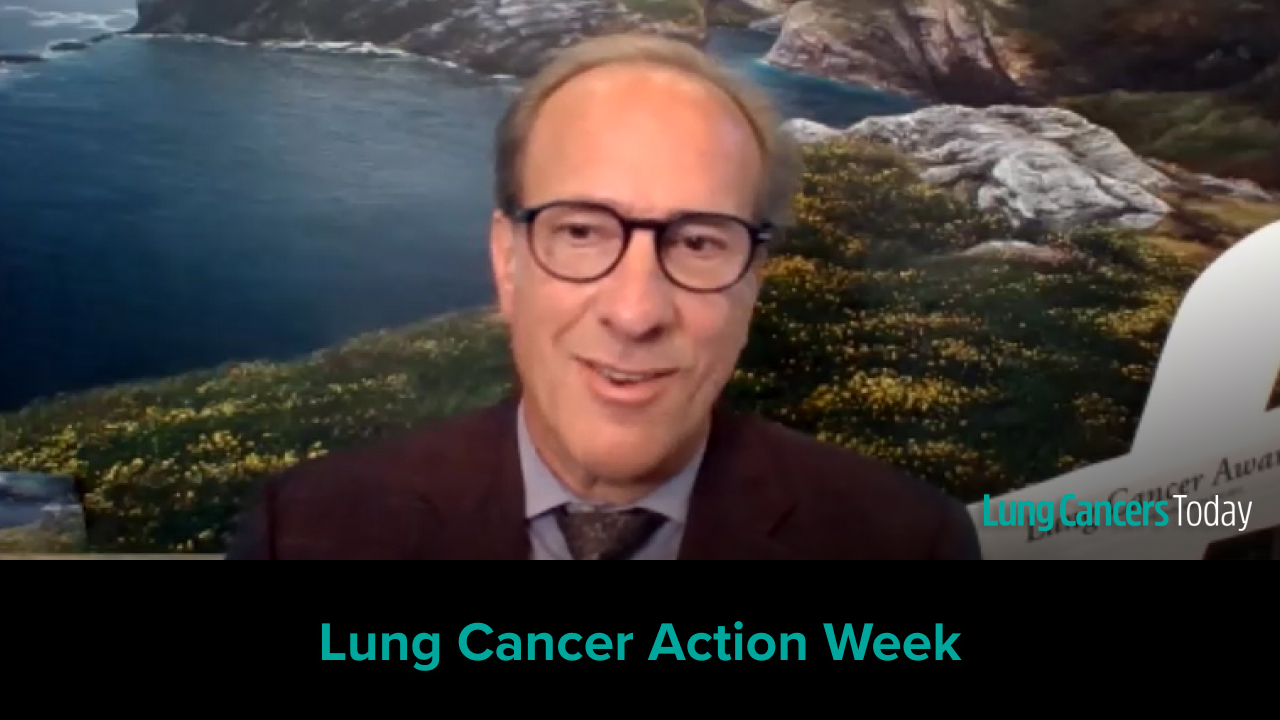
Children who receive the BCG vaccine to prevent tuberculosis may also be lowering the odds that they will develop lung cancer in adulthood, according to a new analysis.
“Reports on BCG trials (with 13- to 27-year follow-up periods) … suggested that BCG vaccination was associated with increased incidence of and mortality due to leukemia and lymphoma, particularly non-Hodgkin lymphoma,” the study authors wrote. “Other analyses suggested no difference or decreased leukemia incidence and mortality. A systematic review showed a nonsignificant reduction in childhood leukemia (summary odds ratio, 0.73; 95% CI, 0.50-1.08) among BCG vaccine recipients.”
The secondary analysis, published in JAMA Network Open, evaluated 60-year follow-up data of a clinical trial in American Indian/Alaska Native schoolchildren who received the BCG vaccine. The original trial was conducted between 1935 and 1938 and included 3,287 children, who were stratified by school district, age, and sex, and then randomized to BCG vaccine or placebo. After exclusions, the original study included 1,540 children in the BCG group and 1,423 in the placebo group. A retrospective record review was conducted between 1992 and 1998 and included records for the 3,287 original participants; regarding the present study, the authors noted, “The analysis reported in this article included 2963 participants, including 203 participants (97 in the placebo group and 106 in the BCG group) who could not be reached during the 1990s and were classified as lost to follow-up.”
Children were vaccinated at a median (range) age of 8 (5–11) years and follow-up occurred at a median age of 60 (45–65) years. At follow-up, 97 placebo patients and 106 BCG patients could not be found; 633 placebo patients and 632 BCG patients died.
Lung Cancer Incidence Lower in BCG Vaccine Group
In total, 325 malignant neoplasms were reported (240 per 100,000 person-years). Overall cancer incidence did not largely differ between the two groups (BCG, 222 per 100,000 person-years vs. placebo, 262 per 100,000 person-years; hazard ratio [HR], 0.82; 95% confidence interval [CI], 0.66–1.02).
A total of 42 lung cancer cases were reported. The BCG vaccine group had a significantly lower incidence of lung cancer compared to the placebo group (18 cases per 100,000 person-years vs. 45 cases per 100,000 person-years) (HR, 0.39; 95% CI, 0.20–0.76)—about a 2.5-fold lower rate in the BCG vaccine group, the authors noted.
“No other types of malignant neoplasms were significantly different between the 2 trial groups; notably, leukemia and lymphoma rates were similar in the BCG group vs placebo group (HR, 0.80; 95% CI, 0.35-1.82),” the researchers further observed. “Ten individuals had a second malignant neoplasm, including cancers of the skin, breast, uterus, ovary, and pancreas and leukemia.”
The authors concluded, “The mechanism of this observed protection is unknown, but the association is large and scientifically plausible; we favor trained immunity as a hypothesis. This finding should be further corroborated and evaluated in other long-term BCG study cohorts such as in the Medical Research Council BCG trial in the United Kingdom and the BCG vaccination program in Norway.”







 © 2025 Mashup Media, LLC, a Formedics Property. All Rights Reserved.
© 2025 Mashup Media, LLC, a Formedics Property. All Rights Reserved.